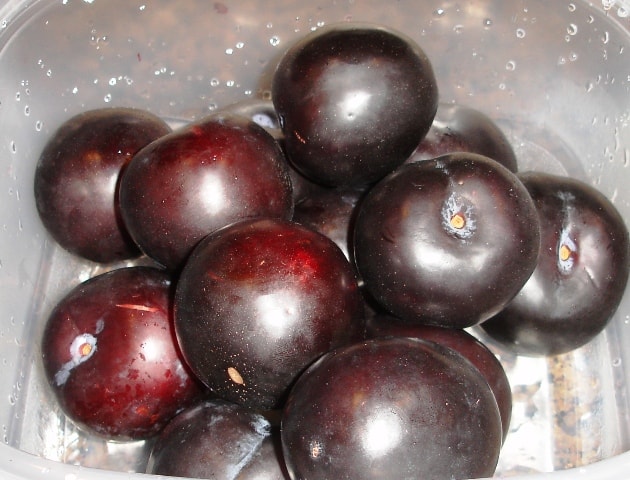Jambul is an evergreen tropical tree in theflowering plant family Myrtaceae, native to Bangladesh, India,Nepal, Pakistan and Indonesia. The word ‘Jambul’ is sometimes mistranslated as ‘Blackberry’, which is a different fruit.
The fruit is a juicy berry with a single stone. It is black outside and violet inside; has a sourish-sweet pulp and greenish yellow seed.
The jambul fruit has been cultivated in the Indo-Malaysian region for a long time. It is considered to be native of India or further east, but is now found in all tropical regions and grows abundantly during the rainy season. It is a common tree, found wild or cultivated in most parts of India
Health Benefits of Jambul
- Jamul fruit is a good source of moisture, calcium, protein, phosphorous, iron, vitamin c, carbohydrates, fiber and minerals.
- Seeds of the fruit beneficial in case of excess production of urine or polyuria.
- Diarrhea and dysentery are the conditions that can be easily controlled by eating Jambul fruit.
- Jambul fruits help in piles and liver disorders. The overall digestion power of the body is improved by eating Jambul daily.
- Leaves of Jambul tree when taken with honey is also a good remedy for female fertility related issues.

